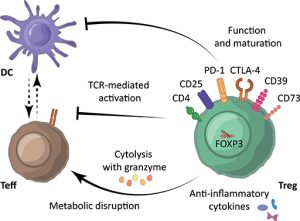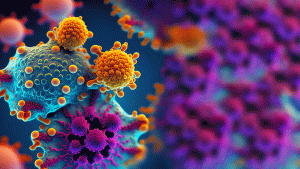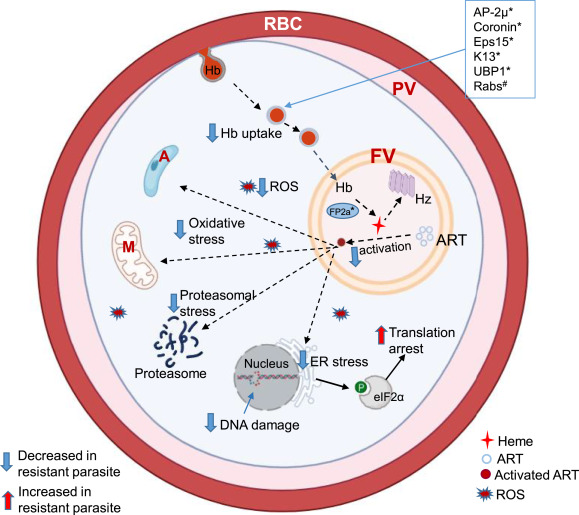Introduction
Parasitic infections remain a significant global health concern, affecting millions worldwide. Traditional treatments have encountered challenges due to the adaptive nature of parasites, leading to resistance against established drugs. However, recent research has uncovered promising avenues in targeting parasite metabolism as a novel approach for developing more effective anti-parasitic therapies. This article delves into the vulnerabilities within parasite metabolism that offer potential for the development of innovative treatments against these infections.
Understanding Parasite Metabolism
Parasites, ranging from protozoa to helminths, exhibit diverse metabolic strategies crucial for their survival within their hosts. Their metabolic pathways often differ from those of their hosts, presenting unique opportunities for targeted interventions. One key vulnerability lies in the reliance of parasites on specific nutrients or metabolic pathways absent or distinct in the host, making these pathways attractive targets for drug development.
Exploitable Vulnerabilities
Unique Energy Metabolism: Parasites frequently employ distinct energy production pathways. For instance, trypanosomes rely on glycolysis, displaying a reliance on a single mitochondrial metabolic pathway, which can be targeted selectively without harming the host.
Amino Acid Metabolism: Certain parasites lack the ability to synthesize essential amino acids, depending on the host or external sources. Disrupting their access to these amino acids or targeting enzymes involved in their synthesis holds promise for therapeutic intervention.
Heme Biosynthesis: Malaria parasites require heme for their survival but lack the complete biosynthetic pathway. Targeting enzymes involved in heme acquisition or synthesis disrupts their survival mechanisms while sparing host cells.
Fatty Acid Metabolism: Some parasites possess unique fatty acid synthesis pathways crucial for their membrane biogenesis. Inhibiting these pathways can disrupt their cellular integrity, offering a potential avenue for drug development.
Redox Balance: Parasites often maintain distinct redox balances compared to their hosts. Targeting enzymes involved in redox homeostasis can induce oxidative stress selectively in parasites, leading to their demise.

Expanding Therapeutic Horizons
Developing drugs targeting parasite-specific metabolic vulnerabilities presents a paradigm shift in anti-parasitic therapy. However, challenges such as potential toxicity to the host and the emergence of drug resistance necessitate strategic approaches. Combination therapies, targeting multiple metabolic pathways simultaneously or in sequence, can reduce the likelihood of resistance development while enhancing treatment efficacy. Advancements in drug delivery systems and nanotechnology offer opportunities to improve drug specificity and reduce off-target effects. Nanoparticle-based delivery systems can enhance drug delivery to parasites while minimizing systemic toxicity. Moreover, integrating computational approaches and high-throughput screening facilitates the identification of novel drug targets within parasite metabolism. This approach expedites the drug development process by identifying potential candidates for further experimental validation.

Conclusion
Parasitic infections continue to pose significant challenges to global health. However, targeting parasite metabolism provides a promising avenue for the development of novel anti-parasitic therapies. Exploiting the vulnerabilities within parasite metabolic pathways offers a strategic approach to disrupt their survival mechanisms while minimizing harm to the host. Collaborative efforts among researchers, clinicians, and pharmaceutical industries are crucial to translating these findings into effective treatments and combating the burden of parasitic diseases worldwide.




